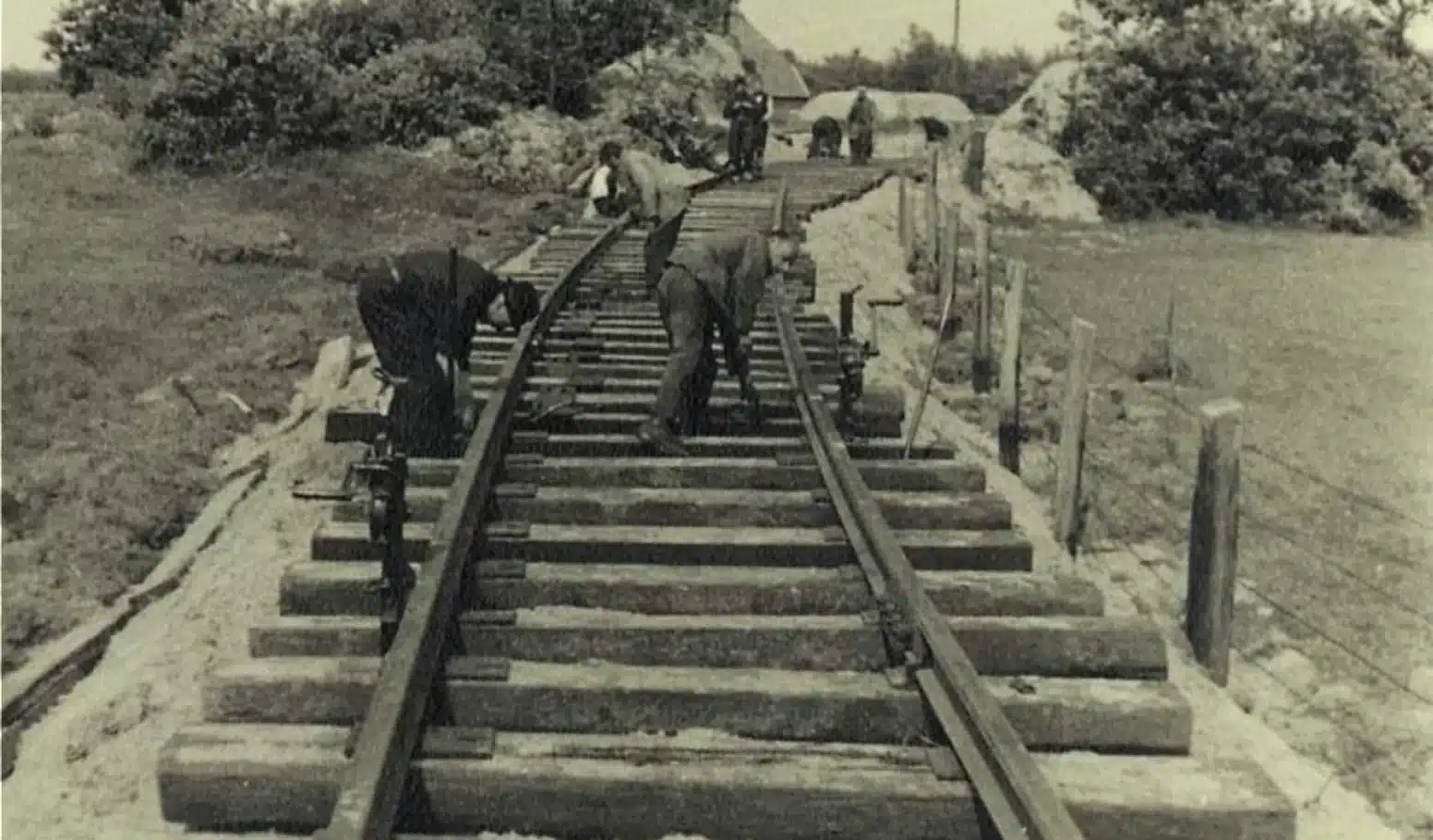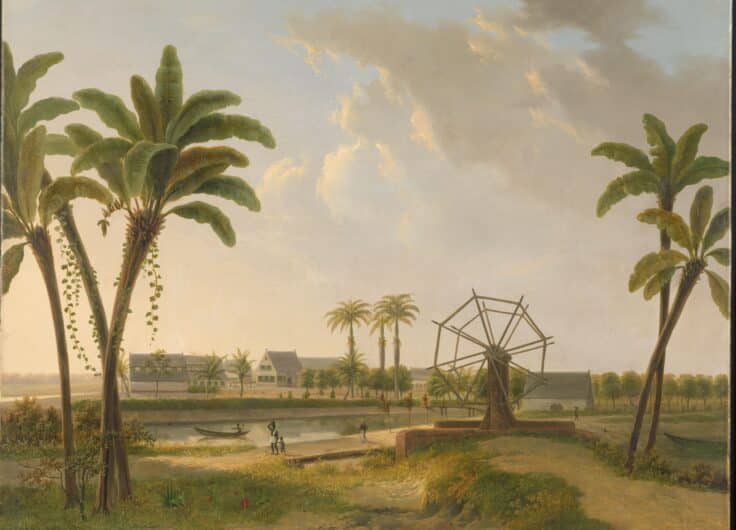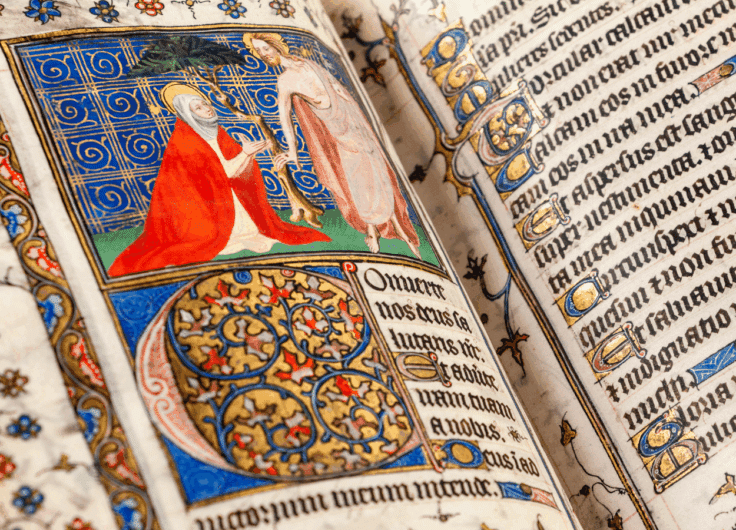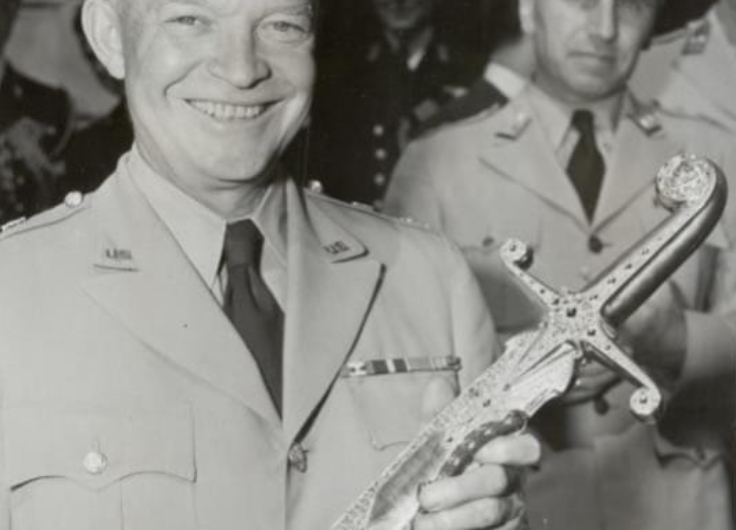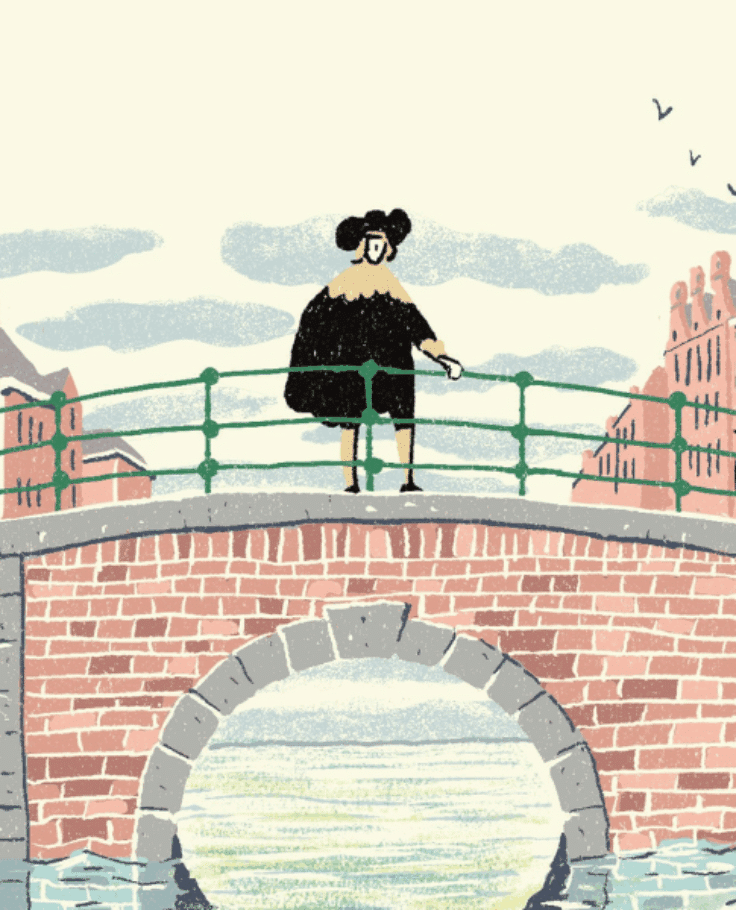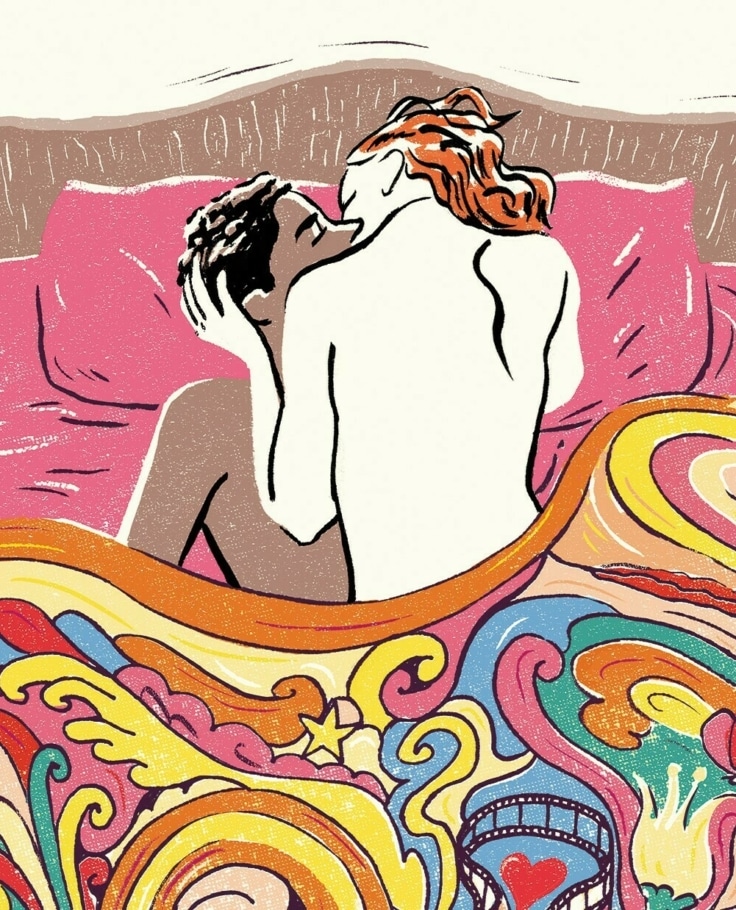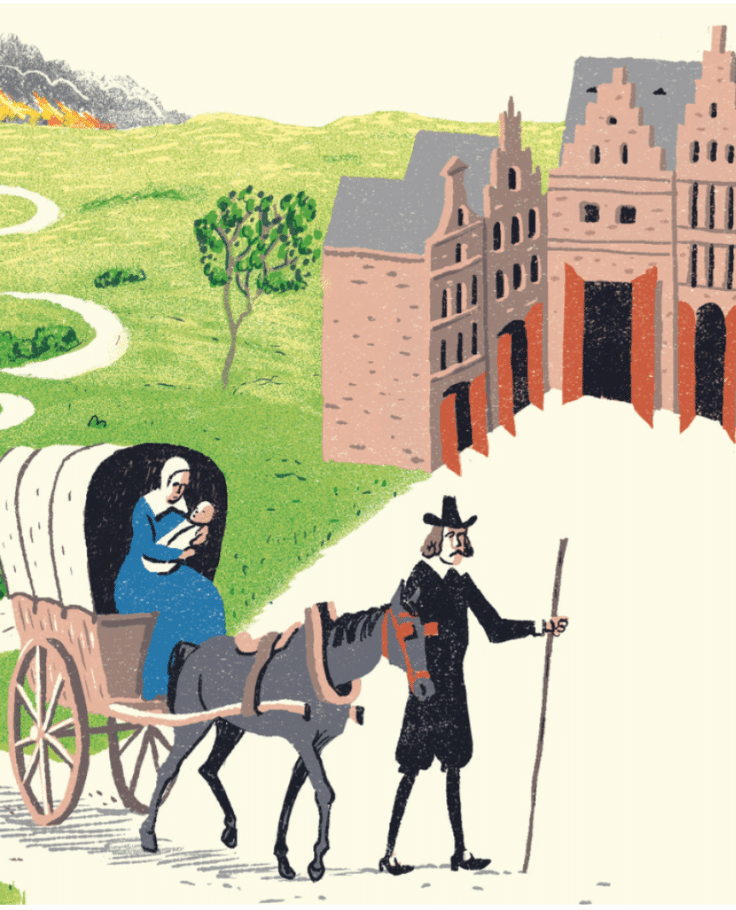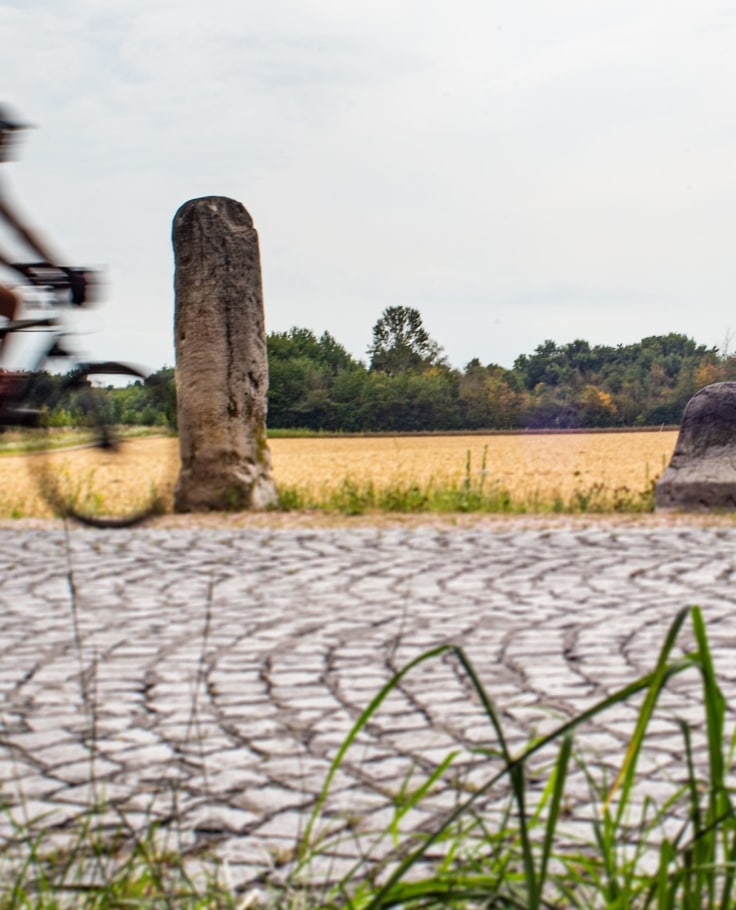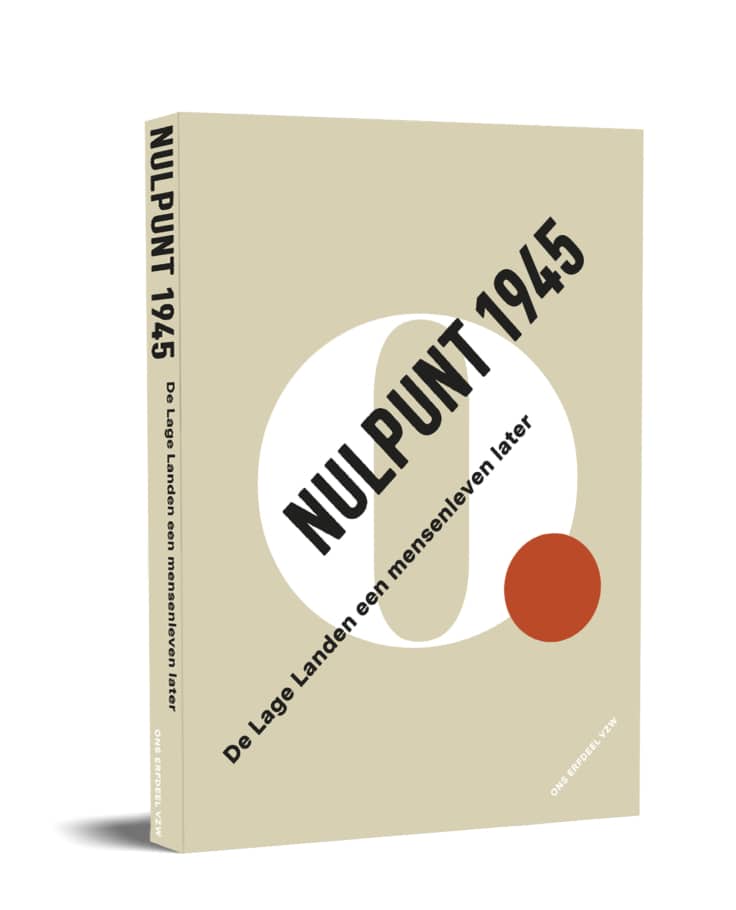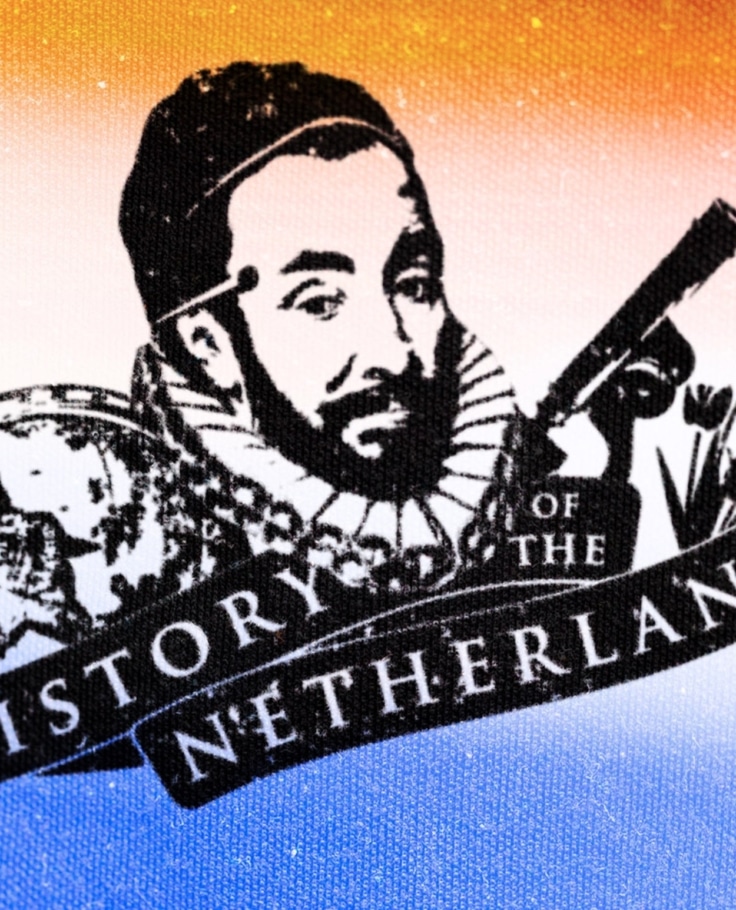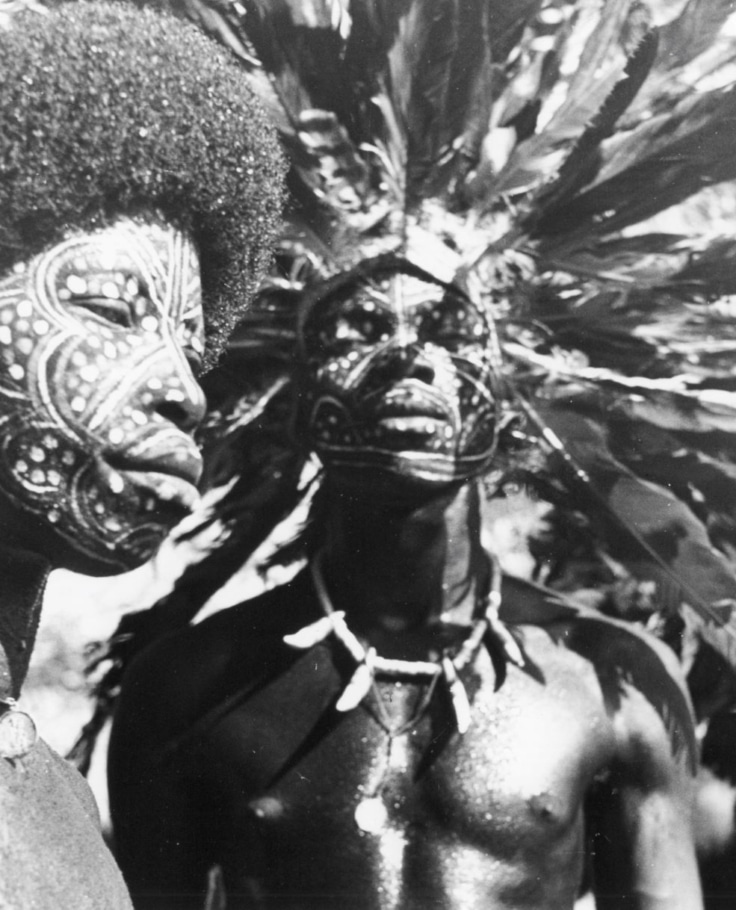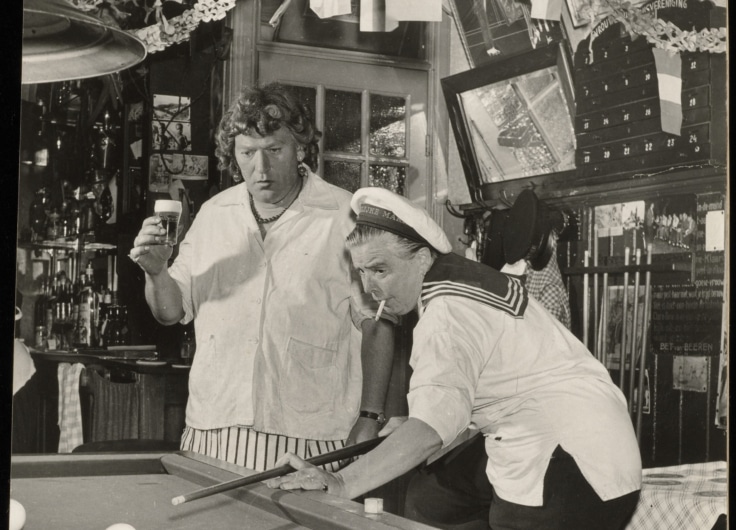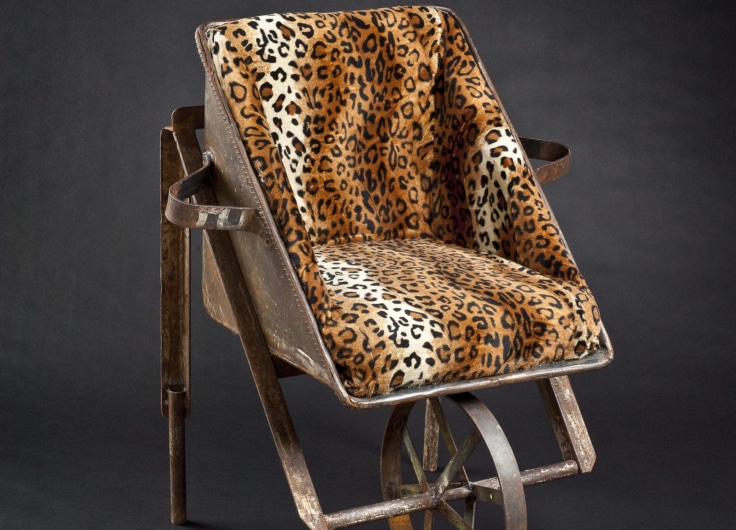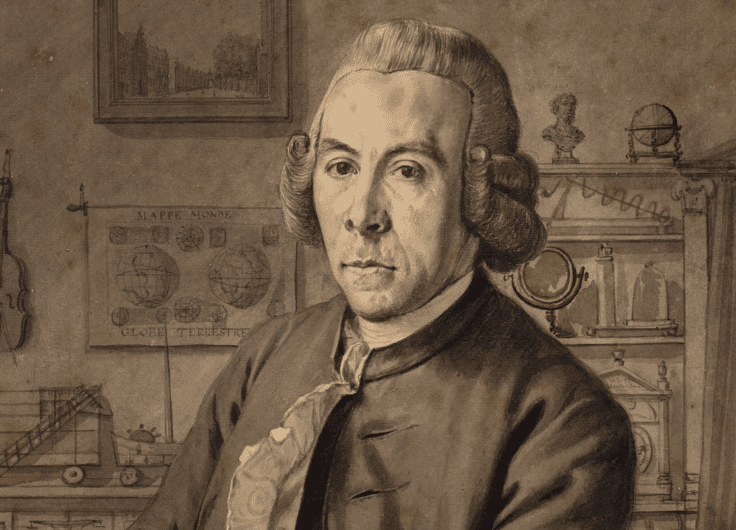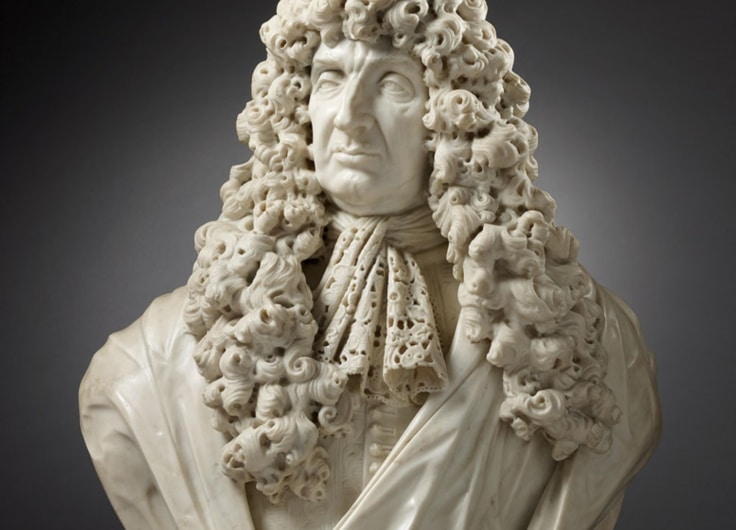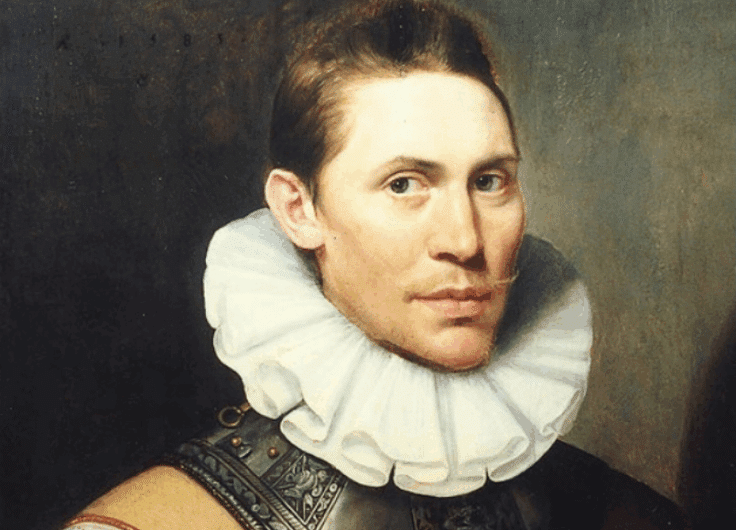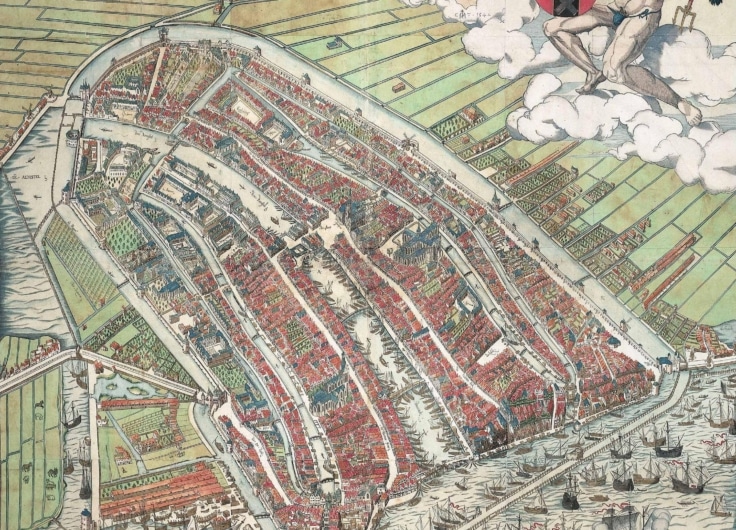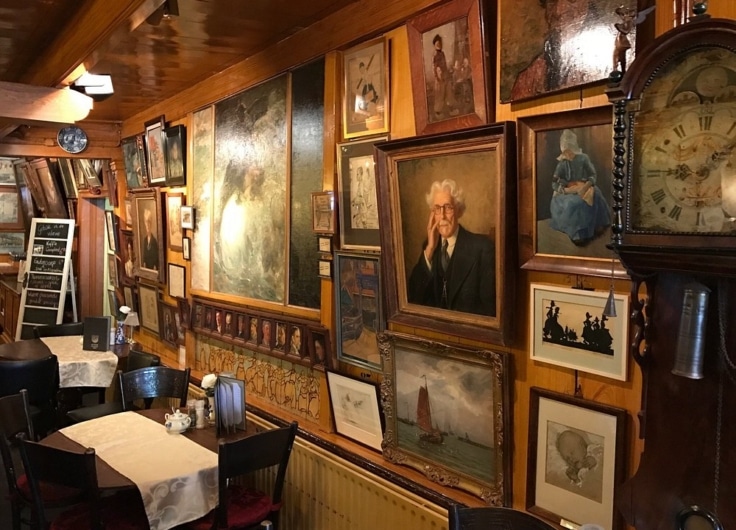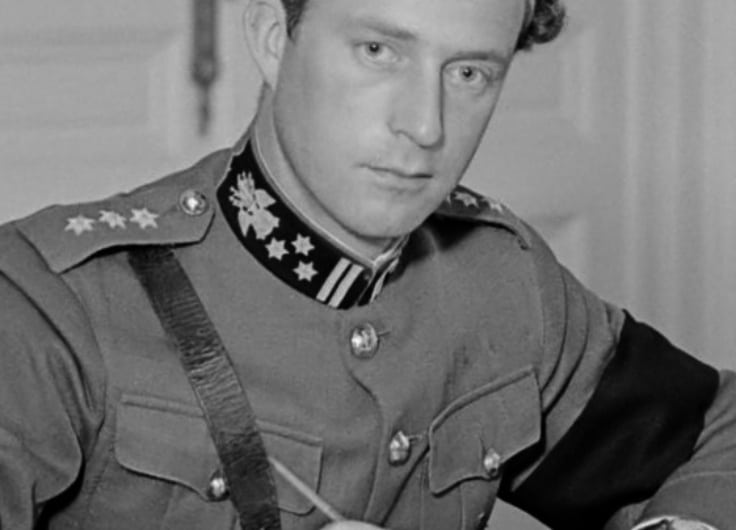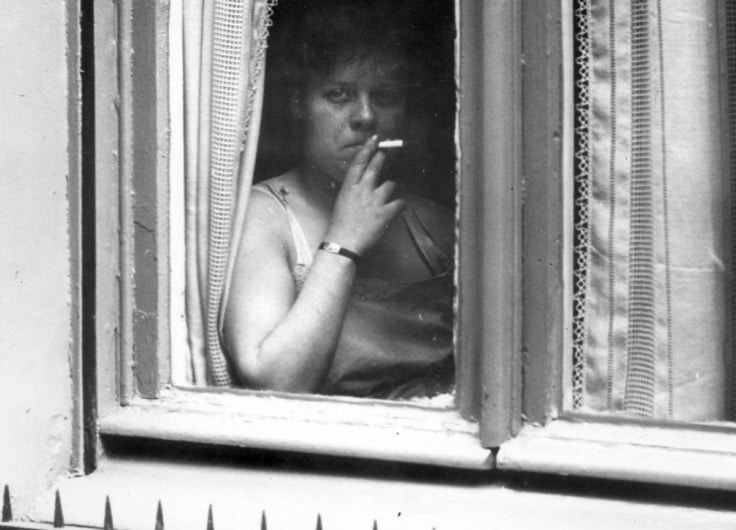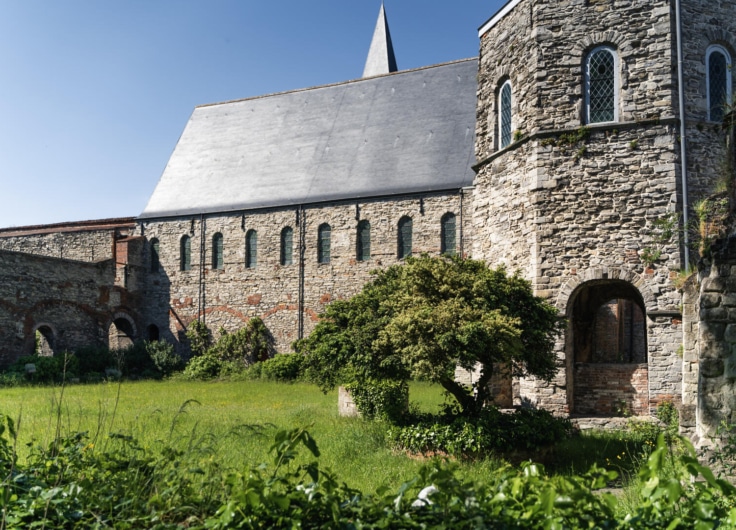history
history
Between Sabotage and Collaboration: The Belgian and Dutch Railways Under Nazi Rule
Herman Welter 12 min. reading timeFeatured series
400 Years of Dutch-American Stories
- ‘The Hollander Is Boorish to the Last Degree’
- How the First Dutch New Yorkers Interpreted the U.S. Constitution
- From First Salute to Future400: Commemorating Four Centuries of Dutch-American Friendship
- Jazzing Up the Netherlands. How American Mass Culture Shook Up Dutch Society
- Revolutionary Ripples. How Thomas Jefferson’s Ideals Ended Up In The Dutch Constitution
- Lady Liberty as Muse: An Inspired Dutch Writer and Her Love for the United States of America
- Mass Murder On Manhattan: The Bloody Legacy Of Dutch Settlers
- American And Dutch Feminists Fought Side By Side For World Peace And Women’s Suffrage
- Sojourner Truth: How the Enslaved Woman of a Dutch-New York Family Became an Icon of America’s Black Liberation Movement
- How Peter Stuyvesant Became an Anachronistic Symbol of Dutch-American Friendship
- A Forgotten Dutch Tragedy on Lake Michigan
- Edward Winslow: The Forgotten Pilgrim Father
- Bound, Freed, and Burdened: Mayken van Angola’s Journey to Liberation in Early Dutch America
- How a Dutch Sabre for Eisenhower Forged a Bond Between the US and the Netherlands

